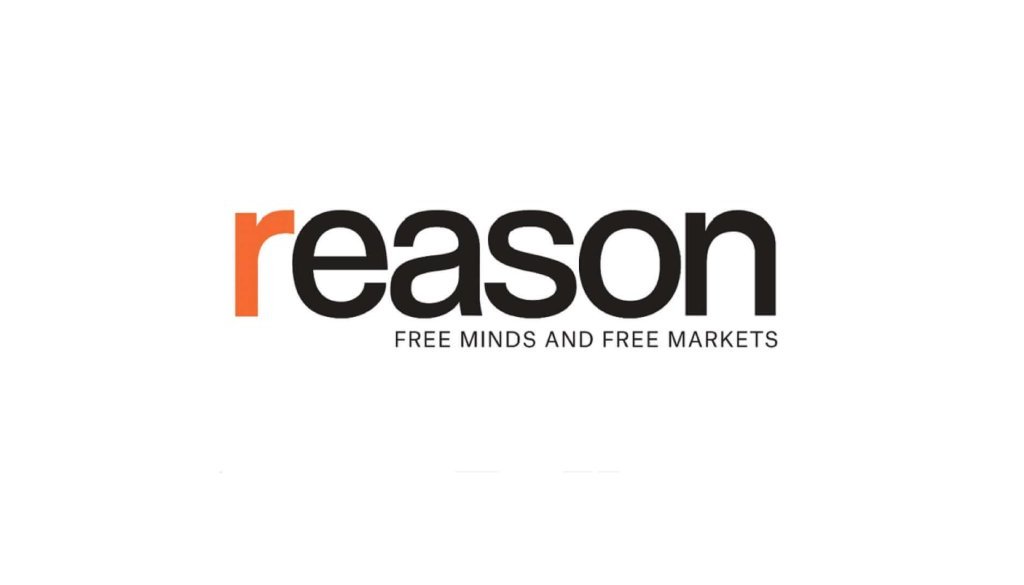Us-Versus-Them: The Pronouns of Populism
In 1939, a 15-year-old Jewish Berliner, Peter Fröhlich, and his family fled their homeland, fearing the virulent antisemitism taking over their country. After a brief stay in Cuba, he safely arrived in the United States in 1941. Upon becoming an American citizen and changing his name, Peter Gay dedicated his life to understanding the violent aggression that forced him to leave his home.
In his magnum opus, The Cultivation of Hatred, Gay writes about how seemingly innocuous Victorian cultural activities, such as the German tradition of mensur (competitive fencing), normalize violence by crafting “alibis” that divert “free-floating pugilistic impulses into socially profitable energies.”
One such alibi is the “Convenient Other.” As “an immensely serviceable alibi for aggression,” the Convenient Other grants “permission to think angry thoughts and commit hostile acts.” These seemingly harmless alibis, Gay argues, systematized the bellicosity that inspired World War I and World War II. He continues:
The animus was always the same: whether nation, province, or city, whether religion, class, or culture—the more one loved one’s own, the more one was entitled to hate the Other.
As it did in 20th century Europe, this lethal combination of diametrically opposed emotions—love of us and hatred of them—fuels today’s culture war.
As I wrote recently, opportunistic politicians often abuse plural pronouns for political purposes. But while some politicians abuse first-person plural pronouns (we and us) to insincerely build a collective identity, others use their third-person counterparts (they and them) to divide and conquer.
Few political trends leverage this love of us and hatred of them more than populism.
The Populist They/Them
Populism is, at best, a loosely defined term—more impulsive than principled. Its practitioners find solace in both the political left (Bernie Sanders and Alexandria Ocasio-Cortez) and right (Donald Trump). For better or worse, populism is on the rise internationally, achieving significant electoral success in dozens of countries.
Populism thrives in an us-versus-them dichotomy. The us is typically “the people”—the disempowered everyday folk with whom the populist seeks solidarity.
However, the antecedent to them isn’t always clear—and this ambiguity is a feature, not a bug.
A vague third person is a convenient strawman for the deceitful. In The Secret Life of Pronouns, James Pennebaker shares findings from a study comparing the court transcripts of convicted felons and those later exonerated of their crimes. The exonerated used more first-person singular pronouns (I and me). Meanwhile, the “truly guilty,” Pennebaker notes, used third-person pronouns (they, them, he, she, etc.) more than the exonerated, “trying to shift the blame away from themselves onto others.”
The imprecision of the populist they/them enables its flexibility, making it malleable and applicable to an ever-changing array of targets. Researchers from Germany’s Friedrich Schiller University Jena closely examined pronoun usage in populist rhetoric. According to their study, populists favor impersonal pronouns, such as they, to avoid specificity, absolve responsibility, and reduce complexity.
Traditionally, this reductionist worldview rails against a wealthy and powerful “elite”—greedy corporations exploiting the poor on the left and a globalist cabal undermining cultural homogeneity and national sovereignty on the right.
However, populism also sets its sights on other groups—and few are better at hitting these moving targets than Donald Trump.
“They Will Never Make America Great Again”
On
Article from Latest

The Reason Magazine website is a go-to destination for libertarians seeking cogent analysis, investigative reporting, and thought-provoking commentary. Championing the principles of individual freedom, limited government, and free markets, the site offers a diverse range of articles, videos, and podcasts that challenge conventional wisdom and advocate for libertarian solutions. Whether you’re interested in politics, culture, or technology, Reason provides a unique lens that prioritizes liberty and rational discourse. It’s an essential resource for those who value critical thinking and nuanced debate in the pursuit of a freer society.


